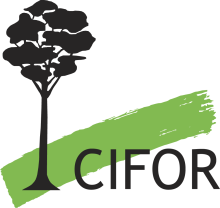Resource information
Access to external finance critically influences farm households’ ability to establish and manage commercial tree plantations in Vietnam, as it does elsewhere. The Vietnamese government has recognised the importance of household tree plantations and, in particular, the benefits of giving households access to external finance. Not only has the government transferred around a quarter of Vietnam’s forestland to households, but it also offers them exceptional access to financial support through targeted programmes and the state-owned banking system. This report analyses the mechanisms used in 5 programmes that currently provide finance to households. It compares the 5 mechanisms against 7 criteria: availability; financial and operational sustainability; leakage to other productive activities; household access; cost to households; risk to households; and match with households’ finance requirements. In addition, it considers the finance requirements of 3 types of households, differentiated according to their investment rationales. The report finds that Vietnam’s policymakers face critical choices when they design finance programmes to support household tree plantations. The most critical trade-offs are between financial sustainability and the provision of accessible, affordable and low-risk support, between wide geographical coverage and match with farm households’ finance requirements, and between leakage and financial sustainability. The report highlights the benefits of adopting a loan-based approach to providing external finance to households managing commercial tree plantations in Vietnam. It also identifies specific conditions for plantation loans for different types of households and for the transition towards long-rotation plantations.



